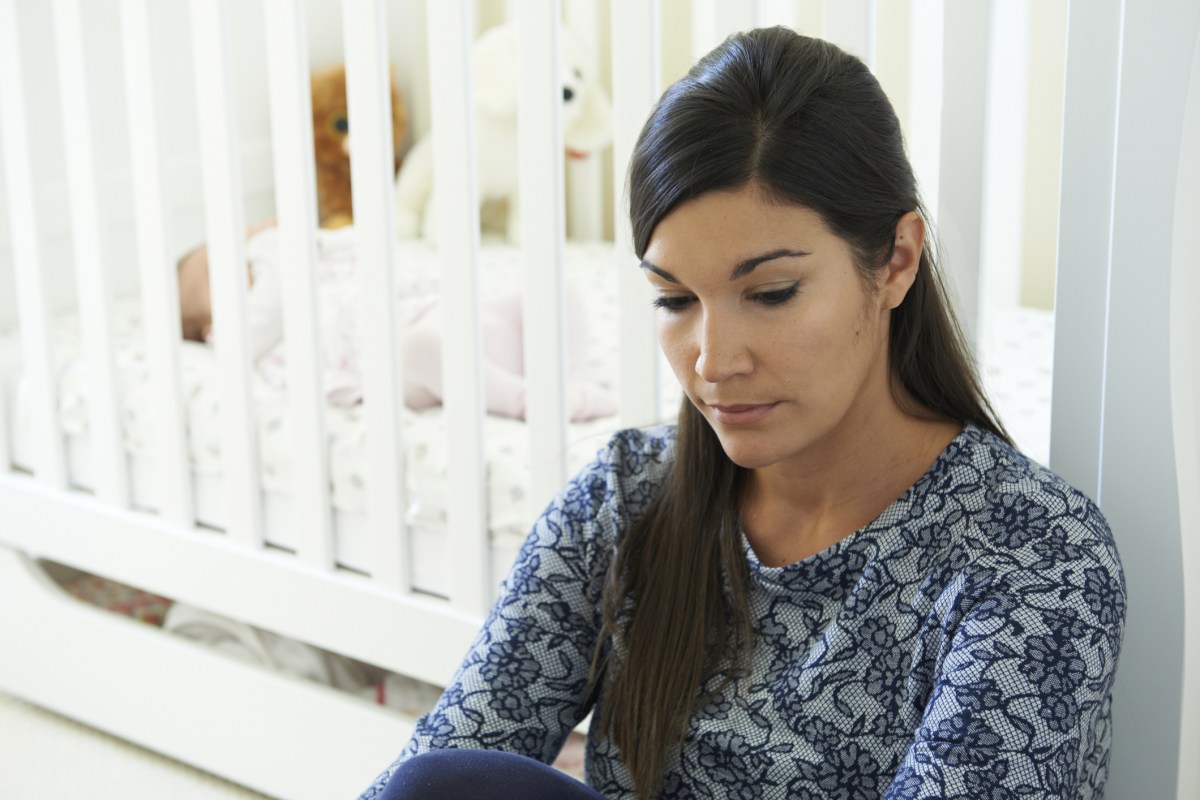
Many parents, especially mothers, find themselves fighting a secret battle.
Raising children comes with many challenges and can be a roller coaster of emotional ups and downs.
Feeling overwhelmed and exhausted is common in parenting small children, but for some moms, the feelings are never-ending and can have serious consequences for both parent and child.
Depression and anxiety in mothers is rising due to the many pressures of work and home and raising a family.
And while there was a certain stigma attached to depression in generations past, this is no longer the case.
Many moms experience feelings of anxiety, loneliness, and sadness that do not seem to go away, and with mothers at the core of the family, it can have a profound effect on their children.
Feelings of failure and hopelessness can cause us to disengage from our children, not want to socialize or participate in activities, and young children especially do not understand.
Open communication is key, circling the family wagons to provide support and love.
Tracy Thompson begins her thoughtful book “The Ghost in the House“ with two brilliant sentences: “Motherhood and depression are two countries with a long common border. The terrain is chilly and inhospitable, and when mothers speak of it at all, it is usually in guarded terms, or in euphemisms.”
If depression happened in a vacuum, it would be so much easier.
But it doesn’t. It happens in the context of a family, raising kids, being responsible for other human beings even as you can’t take care of yourself.
The first thing all mothers need to remember is they are not alone.
Parenting is a tough business, and especially for stay-at-home moms, the isolation can compound symptoms.
But there are several things moms can do to alleviate the symptoms of depression and anxiety and bring balance to the home.
Whether or not a woman makes the decision to seek medical help for depression and anxiety, these simple ideas are good for all mothers to adopt.
Goodtherapy.org reported on some tips for any mother who is suffering from anxiety or depression:
- Sometimes “good enough” is perfectly fine.You can’t always give 100%. Some days will be harder than others. You don’t have to be a super-parent every hour of every day.
- Find your tribe.Seek out a group of people who are aware of your condition and can help you through it. This can be an online group, but an in-person group is even better.
- Find apsychiatrist. If you’re pregnant or nursing, you need an expert who understands how antidepressants may be transmitted and how they could affect your child. Don’t go off your medication without talking to a physician. Some antidepressants are safer than others.
- Beware of postpartum depression. Educate yourself on the difference between the baby blues and full-blown postpartum depression or psychosis. If you see signs of postpartum depressionor psychosis, contact your doctor immediately.
- Forgive yourself and your children.Everyone makes mistakes. Be gentle with yourself and the people around you. Depression often masks as agitation, irritability, or anger.
- You are not your condition.Your depression isn’t the only thing about you. It isn’t even the most important thing. You are a parent and may be any number of other things: a partner, a lover, a friend, an employee, a teammate, etc.
- Don’t hesitate to reach out.Ask for help from your spouse or partner, friends, an extended family member, someone from your church or congregation, a family doctor, or a mental health professional.
- Lighten things up.Take a break from the news, which tends to focus on heavy and upsetting things. Listen to, read, and watch things that make you feel good, are funny, and don’t stress you out.
- Live fearlessly.Don’t let depression stop you from doing things or meeting people. That can be easier said than done, but get out there, live large, and experience life with your children.
- Let your children in. Depending on their ages, you may want to tell your children different things about your condition. The very youngest of children don’t need to be told anything. Around the age of 4, your mood or visits to your therapist may be noticed. You might explain that mommy or daddy sometimes gets really sad and needs help. You can relate it to when your child gets sad and you hold or comfort him or her.
Every mom experiences ups and downs while raising children, but the key is to be aware of symptoms that do not go away or that affect your relationship with your children.
The decision to take medication is a very personal one, and pros and cons should be discussed at length with a physician.
The key is to ask for help, find support, and take whatever steps are necessary to maintain a sense of safety, security, and balance in the family-unit.
